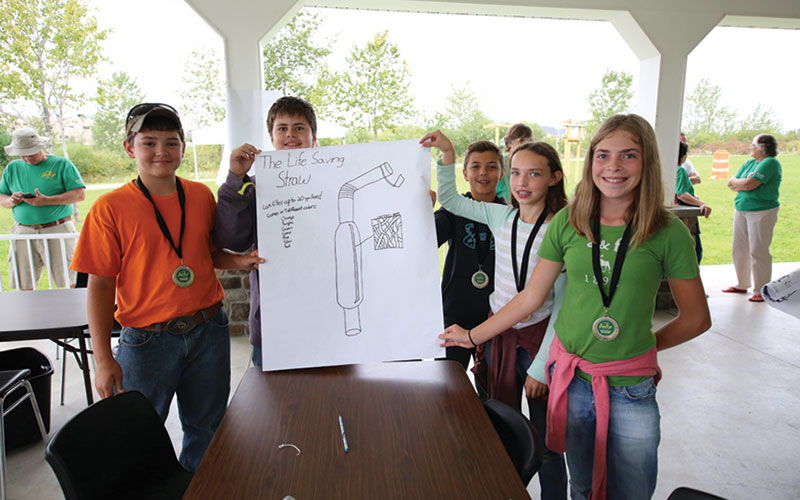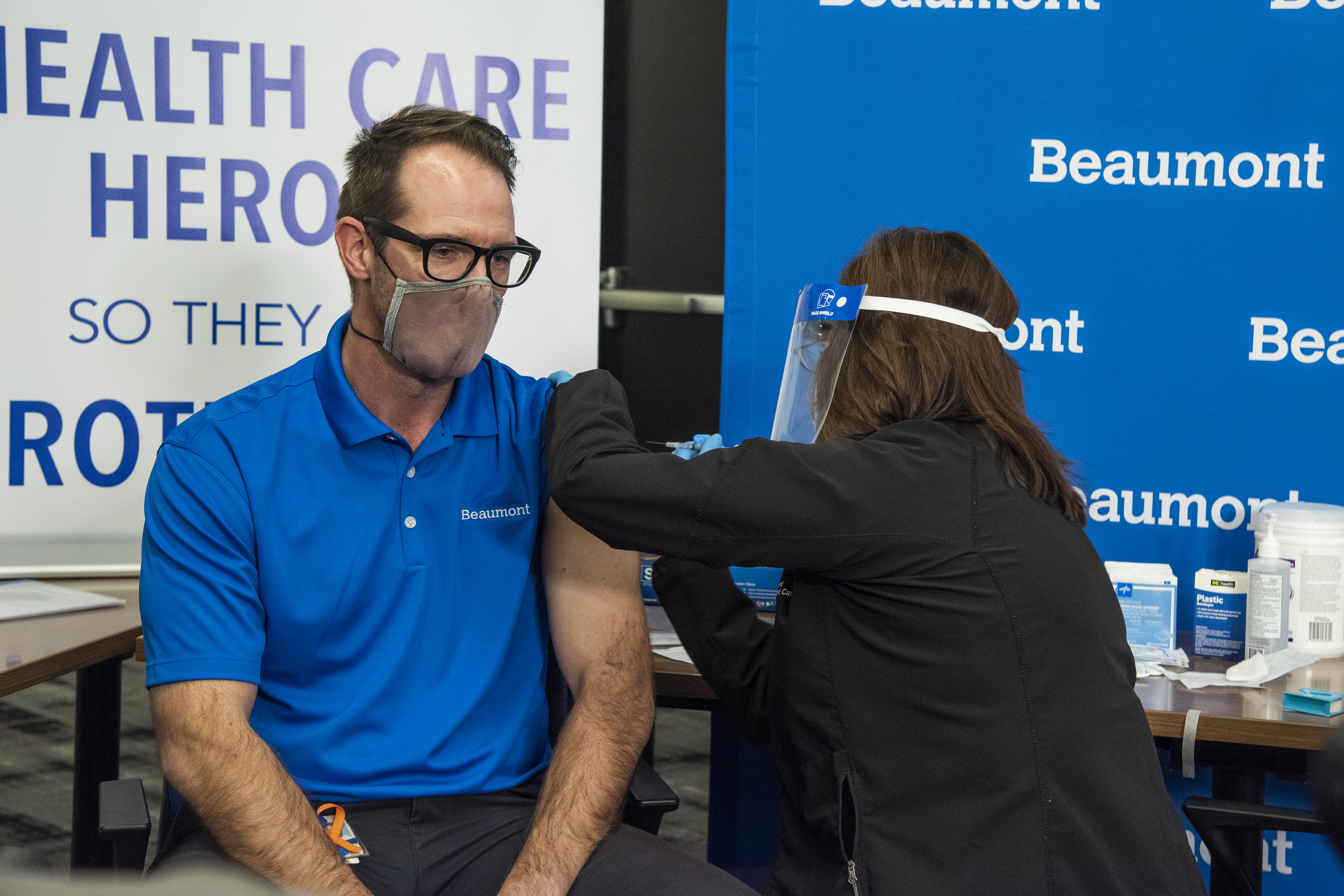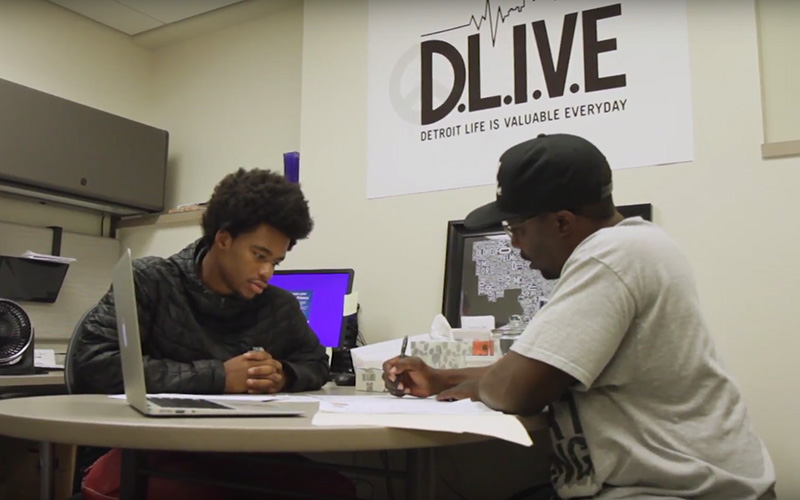
Bronson Healthcare’s FUSE program provides a collaborative effort to help the homeless
Many people associate homelessness with having no bed to sleep in and no consistent place to seek shelter. Homelessness can also have a lasting impact on a person’s health, as it results in chronic health issues and frequent trips to the emergency room. Bronson Healthcare sought out to develop an innovative solution to the challenging healthcare problems associated with homelessness.
Community Needs
Bronson Healthcare, a regional health system serving nine counties in southwest Michigan, implemented a Frequent User System Engagement (FUSE) program. The collaborative efforts of the program target frequent users of the emergency department who are homeless and facing chronic, unmanaged pain. During the two-year program, FUSE provides housing, primary care, and intensive community-based support services to its patients. The need for the program started after consistent patterns tied together frequent visitors of the emergency room and homelessness. While emergency room visits can be effective, many of the frequent patients were in need of long term and consistent health care.
Several of the homeless patients who frequently visited the emergency department at Bronson Methodist Hospital faced complex medical and social needs with underlying mental health, behavioral health, and substance abuse issues. These challenges in combination with fragmented care can significantly impact the quality of life.
FUSE bridges together a variety of resources in the community. This collaborative effort of medical, mental health, housing and other organizations is working on sustainable solutions for the needs in the community.
Impact
FUSE focuses on stabilizing high-risk patients. The long term goal is to improve the quality of life and develop a treatment plan for patients in need. Additionally, FUSE works to reduce costs across the social, medical, and mental health continuum specifically targeting those who frequently seek emergency healthcare.
As part of the combined efforts to treat patients as a whole and improve their long term quality life, the program can last up to two years.
Future Goals
It has been determined that developing relationships between disciplines is critical to the program’s success. Within a special needs population, integrating mental health, primary care, housing, and support services presents unique challenges. FUSE continues to care for the at-risk population in southwest Michigan communities.
For a closer look at the FUSE program, read this recent MLive article.



